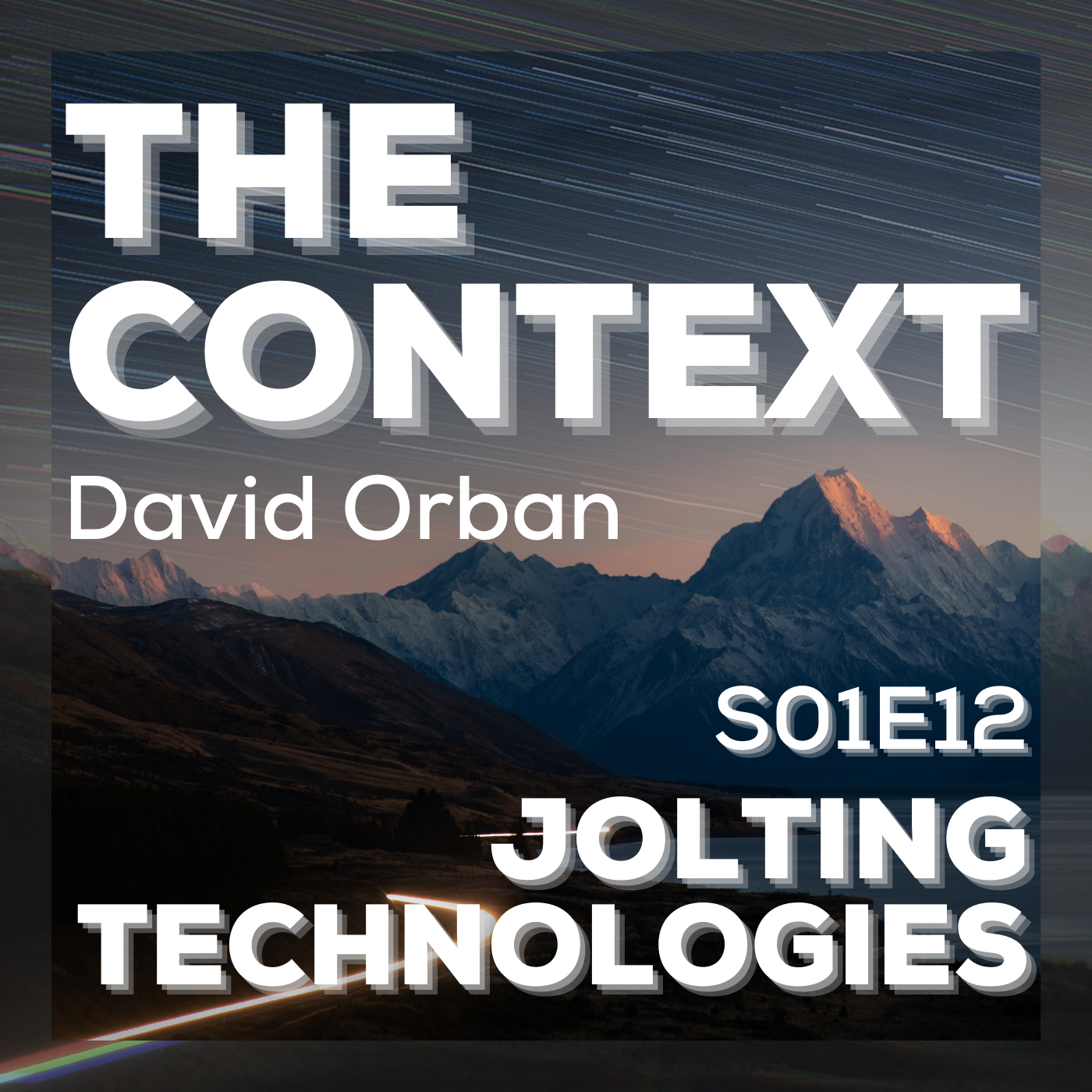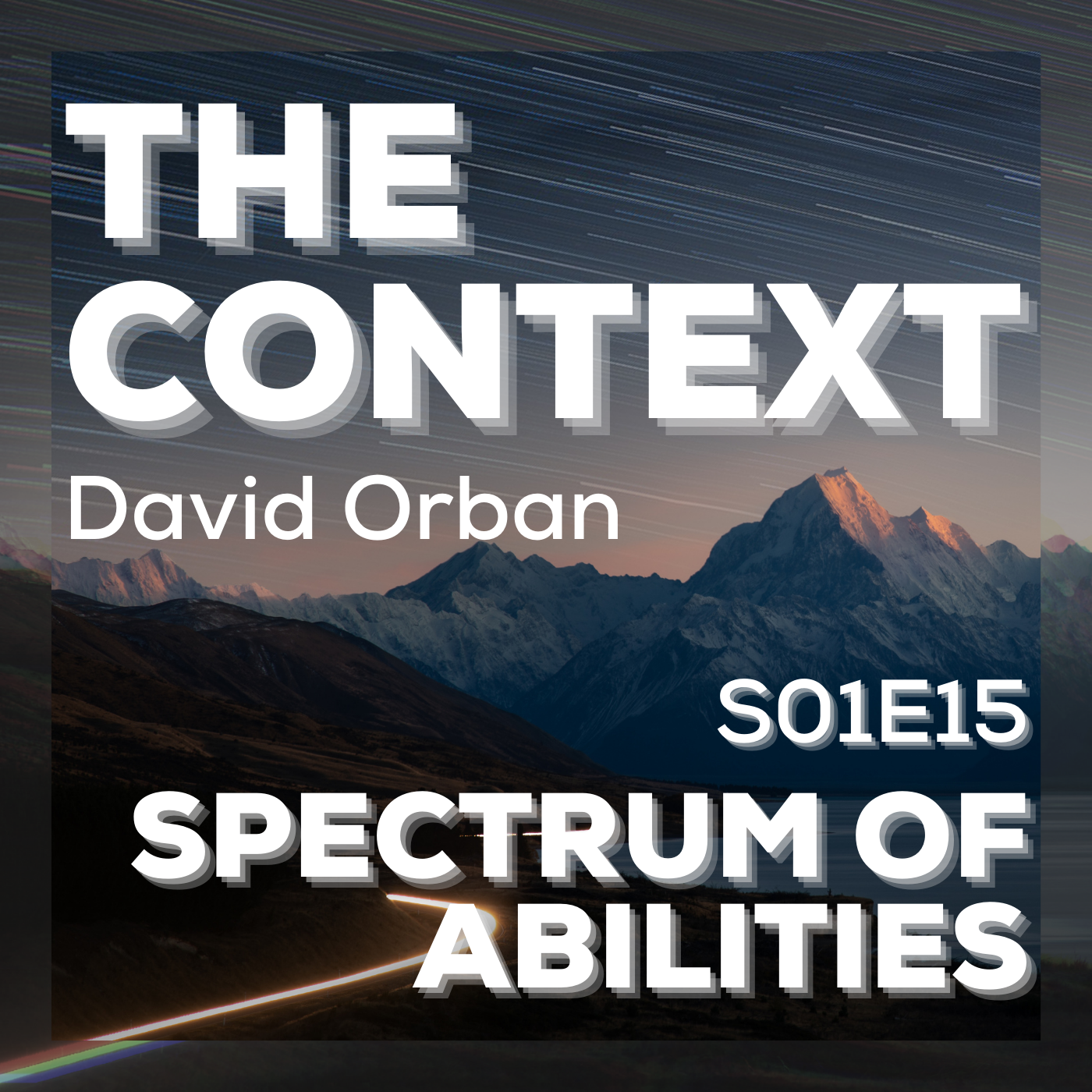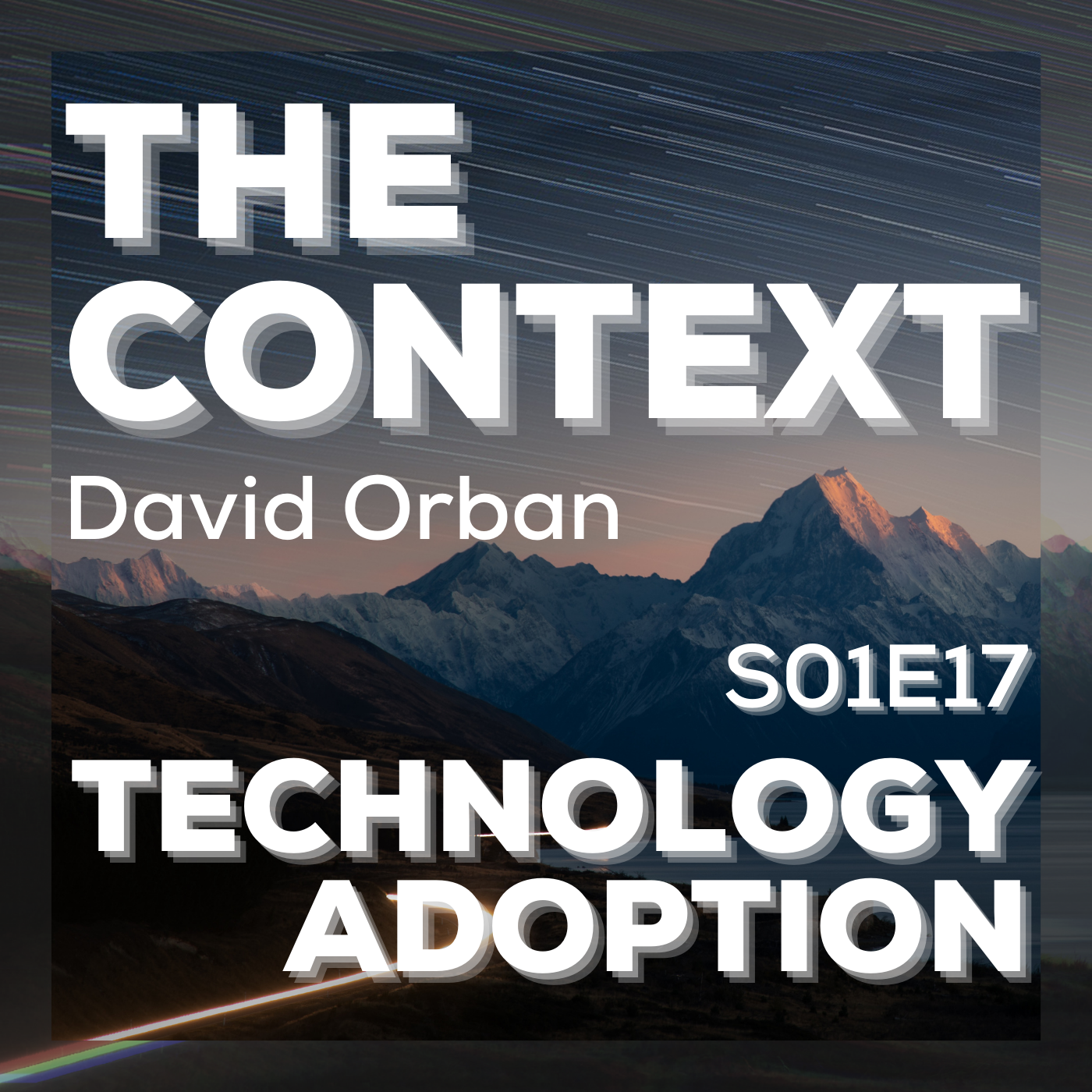What are the consequences of the paradigm of jolting technologies, the increasing rate of acceleration of technological change? For an increasing percentage of people it is represented by the fragmentation of their reality.
In order to understand the world, we not only have to collect and analyze data, but act on the changes that are coming towards us with increasing acceleration. When we give up, we decide that it is not possible for us to humanly adapt, but we don't throw in the towel about our own very existence. But we stop trusting our ability to interpret the world rationally, and we need to construct an alternative support system. That is when we resort to superstition, conspiracy theories, and the way of looking at the world that is decoupled at an increasing degree from the actions and the plans of those of us who still believe in our ability to absorb and to act on the phenomena around us.
This fragmentation of reality, and this resorting to superstition and to conspiracy theories makes an increasing number of people extremely vulnerable to manipulation, to exploitation, to be enslaved to a set of toxic ideas, that rather than working in their favor, are working to further destabilize their world.
The way out of this is twofold. On one hand, we have to recognize and understand that it is not that person's or that community's fault. If they cannot cope, you have to realize there will be a point where you will say the same, you will step back, raise your hand and ask the world to please slow down, stop increasing the acceleration, stop jolting. The world will look at you for the briefest of the moments, and then shrug and keep jolting. Realize that the fellow human beings that experience this already, are an echo of your future self. And understand that as a community of human beings, we must support each other. The second part of the solution of course is to find the right tools, to find what can help the people who are already in the process of giving up or have given up, and what can allow the people who have not yet given up to postpone, maybe indefinitely, that moment. There are tools that are available and in future episodes of The Context we will look at them.

There is a paradigm shift moving from accelerating technological change to jolting technological change. What is a jolt? The jolt is the measure of...

We have many skills, many senses, many ways of coping with the world, absorbing the information, changing it, structuring it, and then acting on...

The rate of technology adoption changes based on individual preferences and social norms. Accelerating and jolting technologies force an increasing rate of adoption, that...